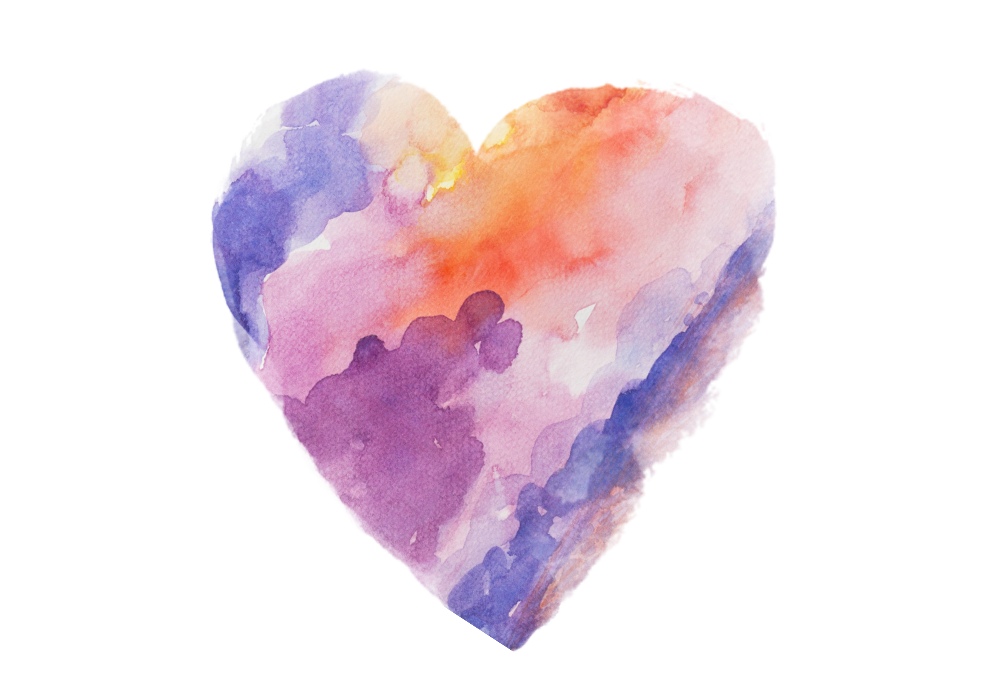My first best friend was Julia but I called her Bubbie. She was my great-grandmother who died when I was four years and 278 days old. That number is significant to me because even that young, I have such vivid memories of her. I have a childlike memory of the big black car coming to pick up my mom and dad for her funeral. They came home and life went on. Beyond that day, the only mention of her was a once in a while reminder about the diamond she left to me. For me, that diamond has always been a testament to the strong bond that we shared. I received it when I graduated from high school and I’ve worn it almost every day since.
I don’t recall that anyone ever talked to me about my grief for this beautiful woman who had and has such a significant place in my life. My siblings weren’t close to her and my mom has since died so there is no one who shares the memories I cherish or who can relate to the role she played in my life. It was only recently that I realized how much that early death played a role in my becoming a grief therapist.
As my story attests, a childhood death can significantly impact how we grieve as an adult. Many years ago I facilitated a group of victim advocates who were doing an art project about their first death loss. A man well into his 70’s asked if he had to share his project with the group and with tears in his eyes he whispered, “my grandfather died when I was five.”
Because children can so quickly be in their grief and out of their grief, it’s often believed that children may not need the opportunity to talk about their person and their feelings. All too often, when a child says they are angry or sad or afraid, there is a temptation by adults to help by telling the child not to be sad, not to be scared, when really there is a story inside the child that needs to be told, heard and validated.
By the same token, aware that when they talk about their person it can bring up emotion for the adults in their lives, a child may withhold their feelings as a protection for those who care for them.
As the director of Camp Erin Denver, a free overnight camp for grieving youth ages 6 to 17, I’ve learned more about how the death of someone important to us early in our lives can impact us in adulthood when we don’t have an opportunity to share our story and have our feelings validated. Among the potential issues that can arise are substance abuse, mental health issues, incarceration, and challenges related to trust and communication. Even though a childhood death loss can impact us well into adulthood, I don’t think it’s ever too late for someone to talk about that person and have their feelings honored and validated. Sometimes that happens through talking with another and sometimes it happens best by things like journaling or through some kind of art expression.
I’ve been working with grief masks for a long time and I love the way that they can help someone express those inner feelings of grief that have been waiting to be unlocked. They can be a powerful way for someone to express those feelings when words don’t come.
-By Barb Kamlet
If you are an adult grieving a loss in childhood, explore this upcoming workshop: https://heartlightcenter.org/events/adults-grieving-childhood-loss-may2025/

